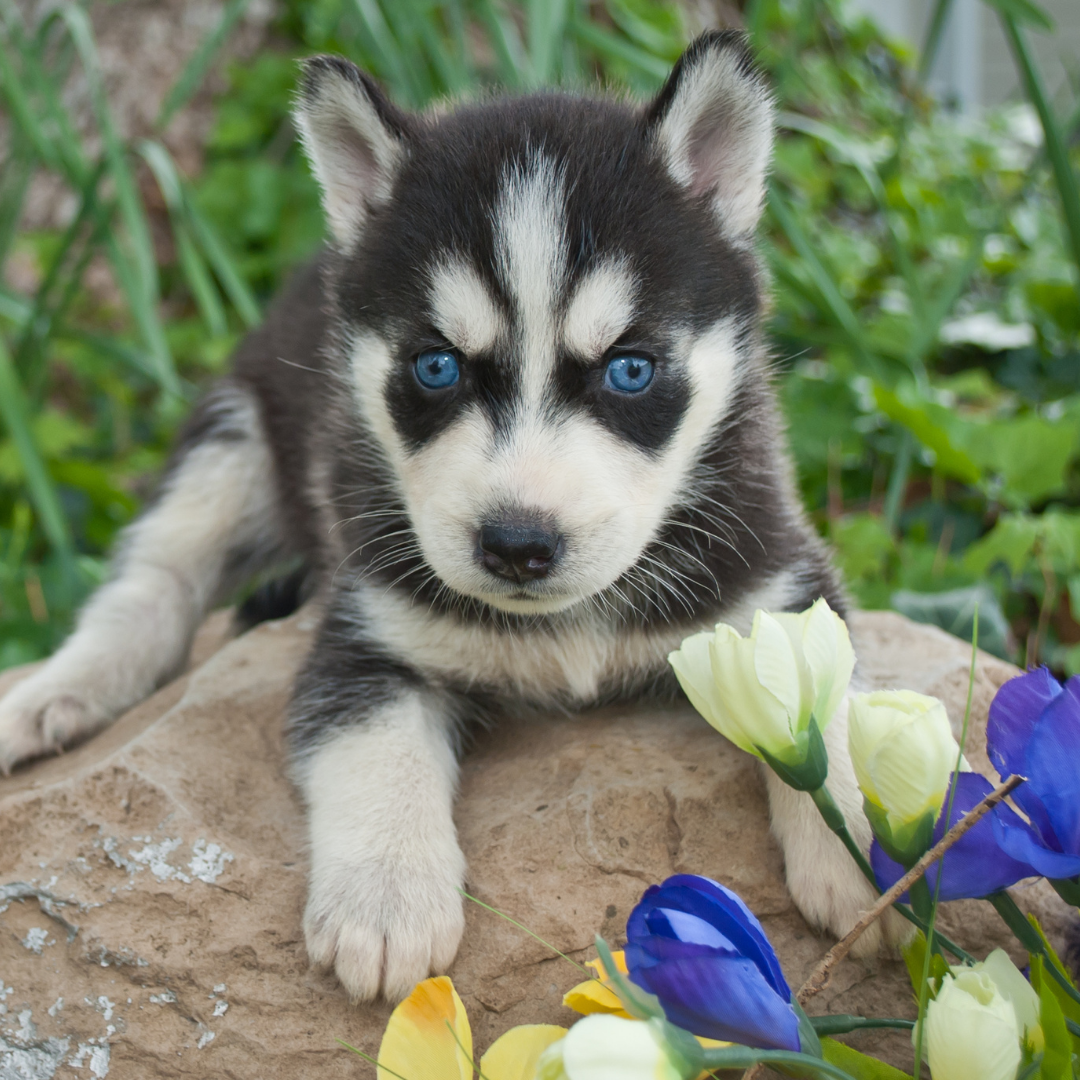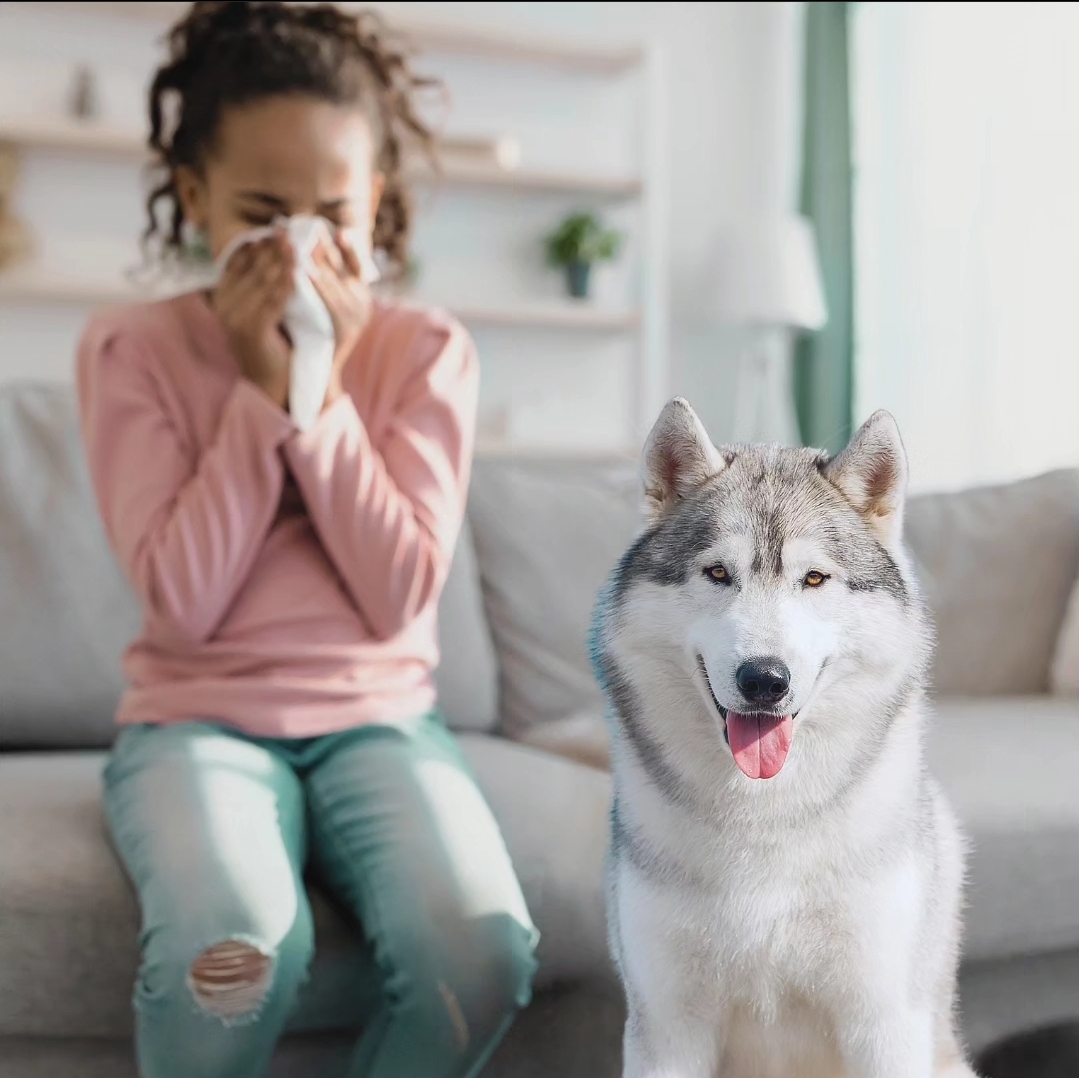When it comes to how long do Siberian Huskies live there is no definitive answer. The average lifespan of a healthy Siberian Husky is around 11-13 years, but this can vary depending on a number of factors such as diet, exercise and health problems. In this blog post, we will take a look at some of the common health issues that Siberian Huskies may experience and how you can prevent them. We will also outline some tips for keeping your Siberian Husky as healthy as possible!
The answer to this question largely depends on the breed of dog in question. Smaller breeds, such as Toy Poodles and Chihuahuas, typically have a lifespan of around 12-15 years. Medium-sized breeds, such as Siberian Huskies and Golden Retrievers, usually have a lifespan of around 11-13 years. Large breeds, such as Newfoundlands and St. Bernards, typically have a lifespan of around 8 to 10 years. Giant breeds, such as Great Danes and Irish Wolfhounds, have a lifespan of around 6 to 8 years.
One of the most common health problems impacting Siberian Huskies is hip dysplasia. This is a condition where the hip joint does not form correctly and can cause pain, lameness and even arthritis. Hip dysplasia is usually genetic, but can also be caused by things like weight gain or injury. The best way to prevent hip dysplasia is to have your Siberian Husky checked by a veterinarian and to make sure they are getting plenty of exercise.
Another common health issue for Siberian Huskies is eye problems. Some of the most common eye problems include cataracts, glaucoma, and corneal dystrophy. These conditions can all lead to blindness, so it is important to have your Siberian Husky’s eyes checked by a veterinarian on a regular basis.
The oldest living dog is a 28-year-old Australian Cattle Dog named Bluey. Bluey was born on November 11, 1910 and died on May 14, 1939. During her lifetime, she had puppies and worked as a sheepdog in New South Wales, Australia.
While Bluey is the oldest recorded dog, there is no definitive answer as to who the oldest living dog is. This is because there is no reliable way to determine a dog’s age. However, if you take good care of your Siberian Husky and follow the tips outlined in this blog post, you can help them live a long and healthy life!





